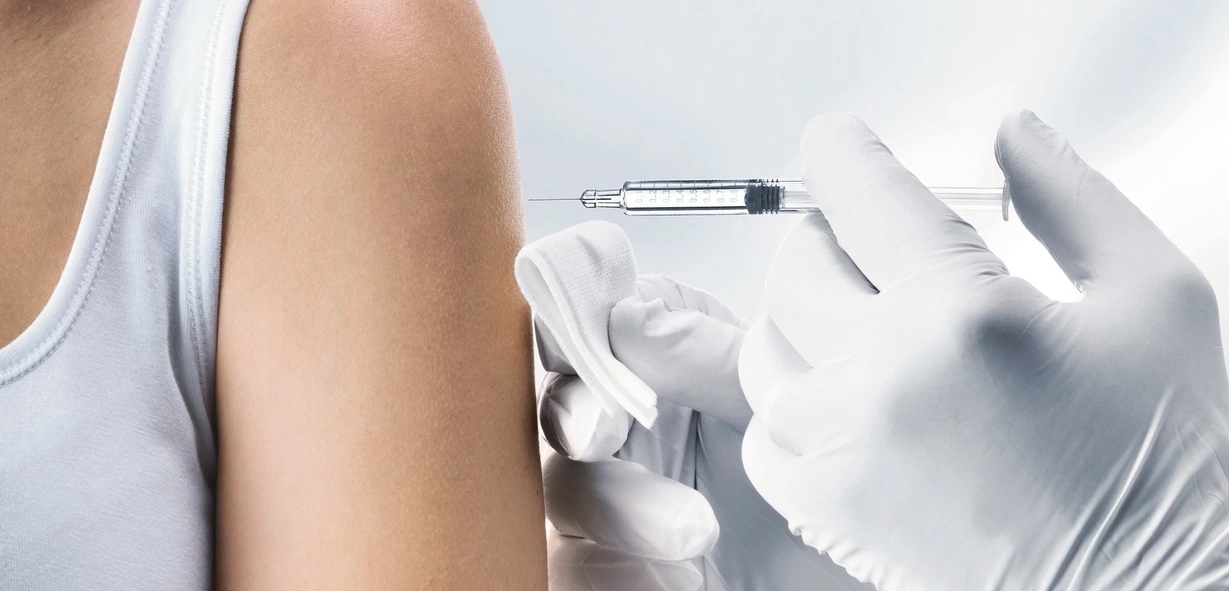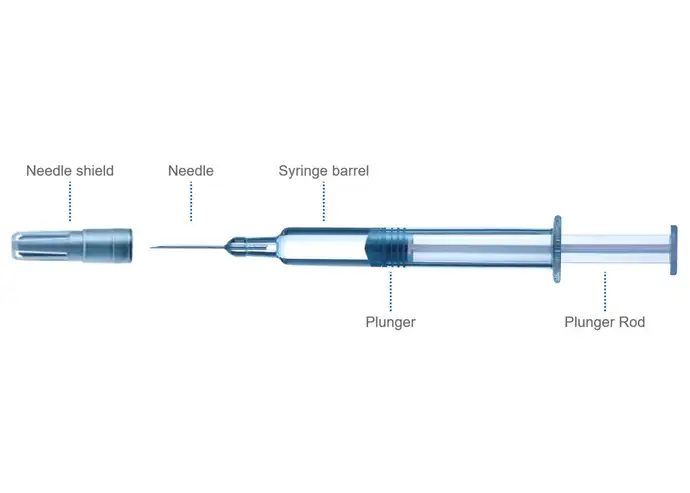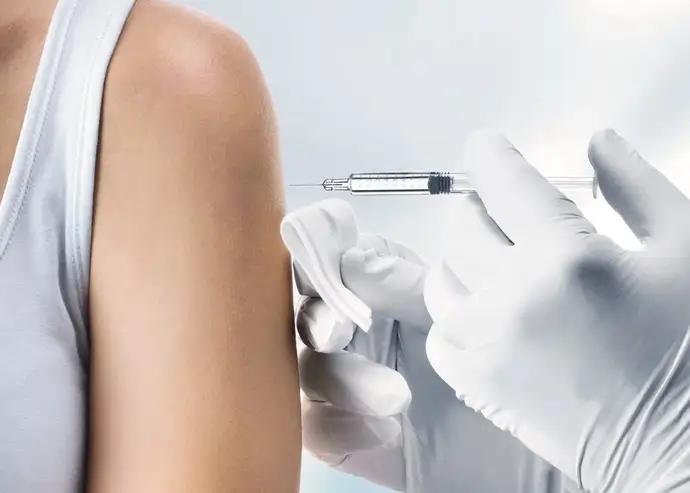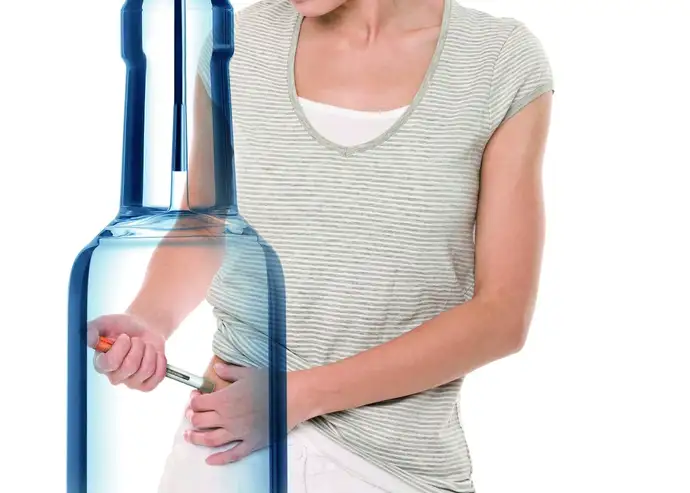
How to use a prefilled syringe & what are they used for?
A prefilled glass syringe (PFS) allows injectable drugs to be delivered in a single step. Drawing up fluid from a vial into a disposable syringe, attaching a fresh needle to the syringe, and then administering the injection to the patient can be time-consuming. Prefilled glass syringes combine the functions of a pharmaceutical vial and a disposable syringe, saving time by reducing steps in the process.
While syringes have been used for many years, prefilled glass syringes are a relatively new development in pharmaceutical packaging and containment. This article will discuss the key components and some of the main uses of prefilled glass syringes.
How to use a prefilled syringe??
A glass syringe is a small system consisting of a barrel, a plunger, a plunger rod, or a piston. The syringe may be supplied with a barrel cone and closure type that supports the attachment of a suitable needle later when the injection is administered. Alternatively, the syringe may be manufactured with a pre-attached needle and a protective needle shield (see picture). This is often the case for drugs that are administered as subcutaneous (SC) injections, where patient age, weight, and other demographic factors are less important.
In contrast with disposable syringes, fluid is not drawn up manually into prefilled glass syringe barrels when the injection is administered. Instead, the pharmaceutical manufacturer fills the syringe barrels with the drug during the sterile manufacturing process. The plunger and plunger rod are also inserted into the barrel during this manufacturing process. When the injection is given, the plunger and plunger rod work together to exert downward pressure on the fluid, forcing it through the needle’s sharp, hollow tube and allowing it to enter the body.

Prefilled glass syringes for delivering medication into the body
Prefilled glass syringes are used in many different applications and settings. Plunger stoppers range from pediatric vaccines administered at a doctor’s office, to ophthalmic treatments available at specialist clinics and long-term therapies for chronic conditions that patients can use at home.
Prefilled glass syringes in the hospital and clinic
A trained medical professional must follow multiple steps to prepare a vial and disposable syringe before giving an injection. In a busy clinic or doctor’s office, prefilled glass syringes enhance flexibility and convenience. They can also be safer, as reduced complexity lowers the risk of dosing errors and contamination. Tetanus, influenza, and hepatitis are all examples of the many vaccines that are increasingly delivered using PFS.
Vaccines are mostly given via intramuscular (IM) injection, which means that the needle gauge (size) may sometimes need to be adjusted according to the patient’s body size or other factors. For this reason, prefilled syringes for vaccines frequently come without needles. Instead, they usually have a connector, lock, or screw structure that covers the cone end of the syringe barrel. This structure is used to secure the selected needle in place.

Prefilled glass syringes in home care
Medical devices such as auto-injectors are increasingly used to help patients manage their own injection schedules for chronic conditions or other repeat dosing scenarios. Many auto-injectors rely on a prefilled glass syringe for drug containment and delivery. The glass syringe is integrated with the auto-injector design and functional mechanism to give patients a comfortable injection experience that they can control without professional medical support.
Autoimmune disorders, diabetes, and even certain types of cancers can be managed with auto-injectors and prefilled glass syringes. With evolving drug technologies, especially for biologics, prefilled glass syringes and auto-injectors will likely be used to support patients outside the clinic and the hospital in this way.

Glass syringes from SCHOTT Pharma
With the expertise in glass, SCHOTT Pharma is one of the leading companies across the world developing high quality glass syringes. Our products enable our customers to safely store, dispense and administer a wide range of medicines while reducing the risk of product mix-up.
The SCHOTT Pharma prefilled syringes use FIOLAX® tubing, offering stable storage and enhanced shelf life. Precise manufacturing techniques and camera-assisted quality control support the high functionality of SCHOTT Pharma’s prefilled glass syringes.
Frequently asked questions
The syringe may be supplied with a barrel cone and closure type that supports the attachment of a suitable needle later when the injection is administered. Alternitavely, the syringe may be manufactured with a pre-attached needle and protective needle shield. This is often the case for drugs that are administered as aubcutaneous (SC) injections, where patient age, weight, and other demographic factors are important.

Dr. Sven Pohle
Global Product Manager Glass Syringes
Register for the latest news
Stay up-to-date with information about SCHOTT Pharma products and services and register for our newsletter.